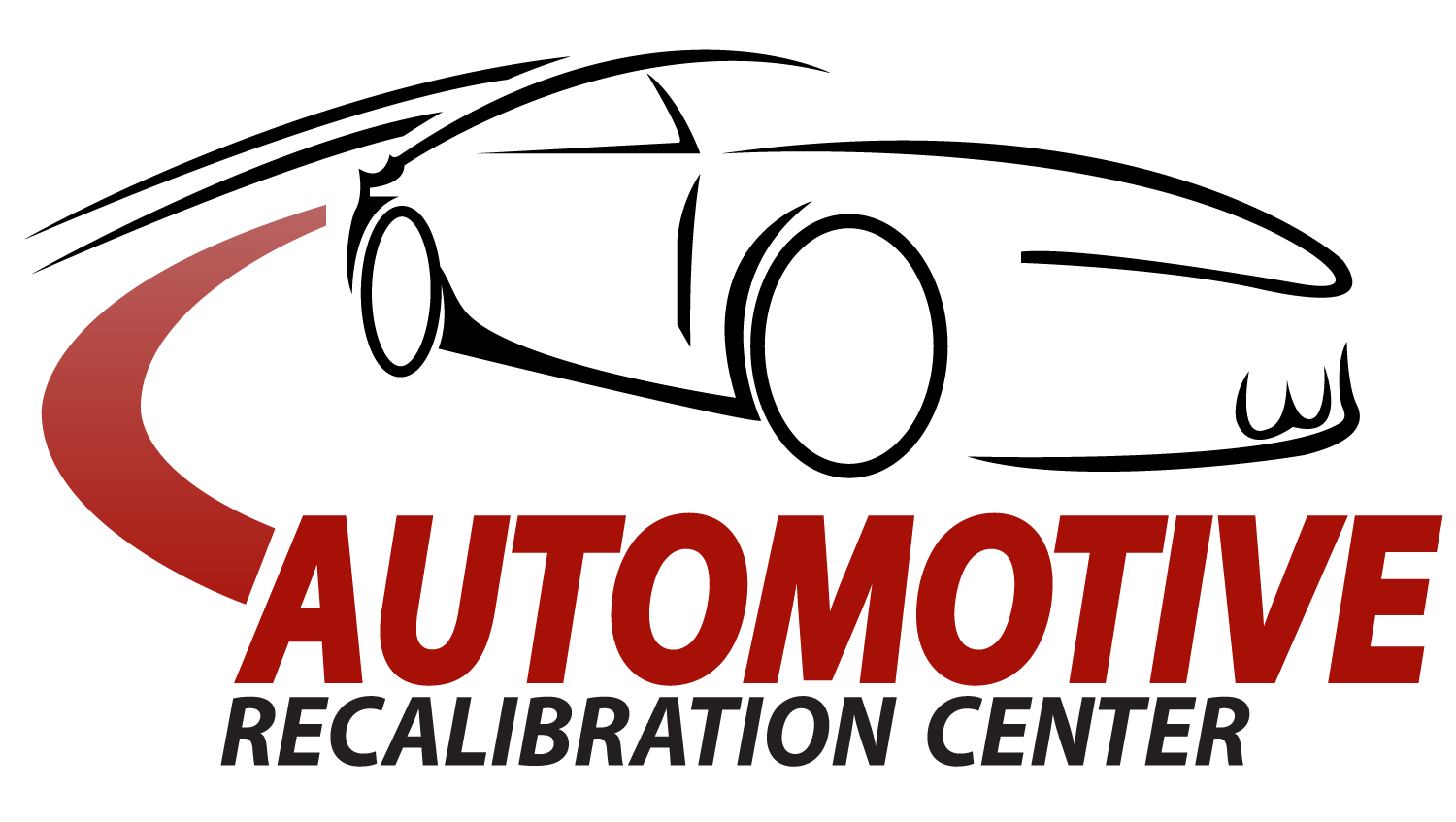Diagnosing Car Suspension Problems
Automotive suspension systems are designed to provide a smooth ride regardless of road conditions. However, because roads are rarely perfect, your vehicle’s suspension can take a beating over time. Learning how to diagnose suspension problems can alert you to the need for professional automotive repairs before extensive damage occurs. Testing the Shocks and Struts One […]
Automotive suspension systems are designed to provide a smooth ride regardless of road conditions. However, because roads are rarely perfect, your vehicle’s suspension can take a beating over time. Learning how to diagnose suspension problems can alert you to the need for professional automotive repairs before extensive damage occurs.
Testing the Shocks and Struts
One of the simplest ways to test your car’s suspension for problems is to perform a “push test” while the car is stopped. Push downward on the hood of your car for a few seconds, then release. The suspension system will compensate for the displacement by moving the car back into its optimal position. However, if your car takes more than one or two bounces to move back into place, your shocks or struts may be in need of replacement. Perform this test on both the hood and trunk of your car; you can also test individual quarters of the vehicle to determine whether the shocks and struts in one particular area are in worse shape.
Testing the Ball Joints
In addition to shocks and struts, your car’s suspension system contains ball joints at the end of each suspension tower. In order to test your ball joints , you’ll need a jack to lift the wheels of your car off the ground. Once one portion of your car is raised, use a flashlight to look into the wheel well and find the ball joint at the end of the suspension strut. Use your hand to move the wheel slightly up and down, which will simulate driving on an uneven road. If the ball begins to separate from the suspension strut as you move the wheel, have an automotive specialist repair the ball joint to prevent it from breaking while you are driving, which can cause extensive damage to your car.
If you have questions about your car’s suspension, call Automotive Recalibration Center of Tucson today at (520) 433-4147. We offer comprehensive automotive repair while you wait in our comfortable WiFi-equipped office. Click through our blog to find out more about spotting the need for vehicle repairs.







